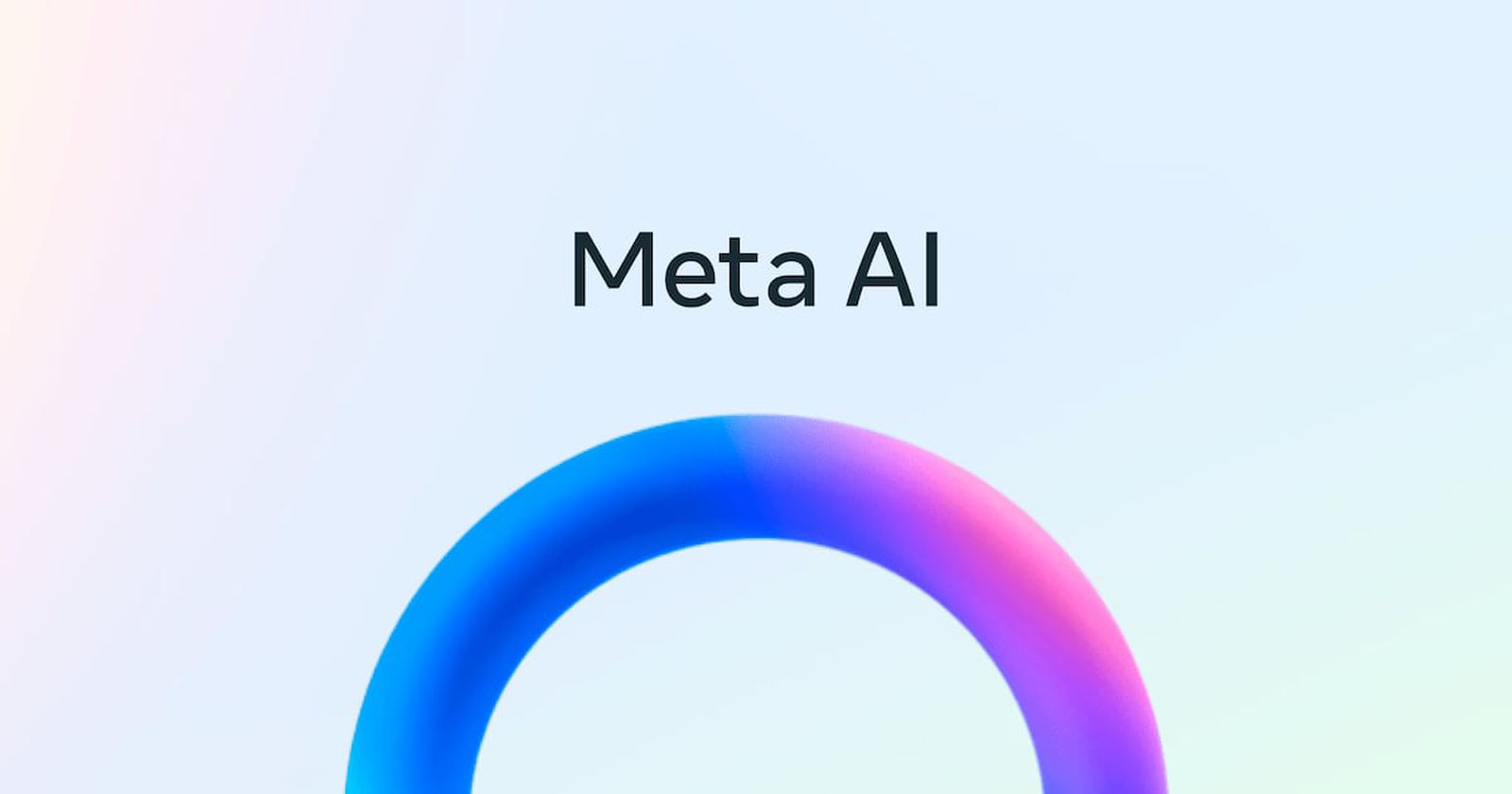Meta's Strategic Hire of AI Experts from Apple Sets Stage for Next-Gen Intelligence Revolution

Meta’s Power Move: Top AI Minds Defect from Apple to Supercharge Next-Gen Intelligence
The Shift of AI Visionaries: Strategic Acquisitions Fueling Meta’s Ambitions
The landscape of artificial intelligence is rapidly evolving, and nowhere is this shift more evident than in the latest wave of talent migration shaping the sector. Meta has recently drawn considerable attention by welcoming Mark Li and Tom Ganter—two highly specialized experts previously involved in the development of advanced machine learning systems at Apple—into its Superintelligence Labs team. This targeted approach comes on the heels of Ruoming Pang signing a landmark agreement valued at more than $200 million, marking a decisive moment in recruitment within the AI domain.
Both Li and Ganter made essential contributions to Apple’s foundational models—technology at the heart of voice assistants, predictive analytics, and generative applications. Their move signifies not just a career change, but a strategic alignment with Meta’s intensifying pursuit of leadership in general intelligence research. Meta’s executive commitment, as reinforced publicly by Mark Zuckerberg, is explicit: building novel cognitive systems is at the heart of the company’s operational and research focus.
Superintelligence Labs: Breeding Ground for Advanced Cognitive Systems
Superintelligence Labs, Meta’s dedicated research engine, plays a pivotal role within the broader organizational framework. The lab serves as an incubator where multi-disciplinary experts converge to design architectures that push the frontier of artificial cognition. The recruitment of Li and Ganter signifies Meta’s reliance on proven expertise in foundation model engineering—a specialization crucial for developing neural networks that can perform contextually ambitious tasks. The impact of bringing together contributors from competitors and innovative startups amplifies Meta’s capacity to address complex problems in natural language understanding, reasoning, and interactive AI.
The recent arrival of Pang, with his experience at the intersection of consumer-facing platforms and foundational model scaling, further enriches the team’s blend of industry perspective and technical depth. The ambition is clear: Meta is investing not merely in code, but in the inventive force that drives next-generation infrastructure. The extensive compensation and individual attention offered to these specialists highlight the escalating market rivalry for elite scientific minds—a trend rapidly redrawing the boundaries of influence within technology leadership.
Market Dynamics and Competitive Realities: The AI Talent Race Reaches New Heights
This series of high-stakes hires signals a turning point, with leading firms leveraging every tool—compensation, research freedom, institutional support—to attract pioneers capable of exponential leaps in capability. As Meta builds an internal culture oriented around open exploration and sophisticated experimentation, its ability to absorb top-tier talent directly corresponds with its potential to dominate upcoming phases of machine cognition and cloud-enabled automation.
The internal environment within competing organizations is also shifting. As morale challenges persist elsewhere, opportunistic moves by research-focused companies like Meta provide fertile ground for the migration of experts seeking new intellectual playgrounds. This phenomenon not only redefines individual career trajectories but also determines which organizations will set the standards for neural architecture, scaling strategies, and integration of large-language technologies in years ahead.
Strategic Vision: Prioritizing Human Capital to Unlock Artificial General Intelligence
For Meta, the strategic philosophy is unmistakable—human ingenuity, more than hardware or data, represents the critical catalyst for progress in this sector. By assembling a powerhouse of respected scientists, engineers, and systems architects, the company positions itself to accelerate the march toward more autonomous, adaptive, and intelligent digital entities. This calculated investment in people intensifies Meta’s pursuit of artificial general intelligence, where machines demonstrate flexible understanding and learning across a multitude of tasks and domains.
Ultimately, the present wave of recruitment deepens Meta’s ability to shape the future of digital interaction, automate common workflows, and build virtual ecosystems that underpin social connectivity, commerce, and personal productivity. The interplay between scientific discovery, practical deployment, and organizational vision has never been more crucial. As the field continues to expand and redefine itself, these recruitments signal which organizations are set to shape the era of intelligent systems—starting with those who understand that the future belongs to builders, dreamers, and visionaries working at the cutting edge of artificial cognition.
